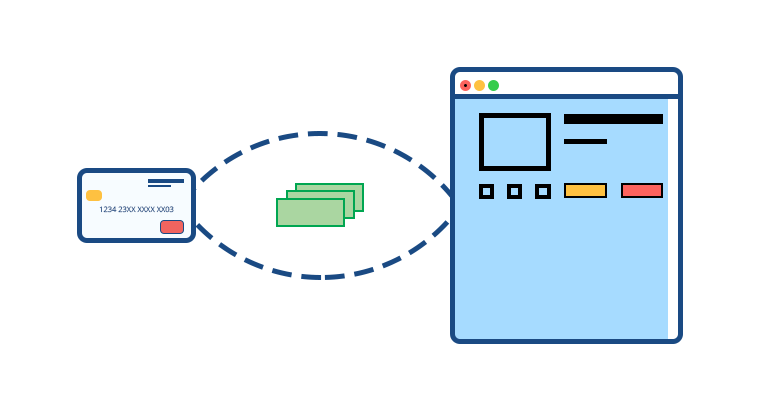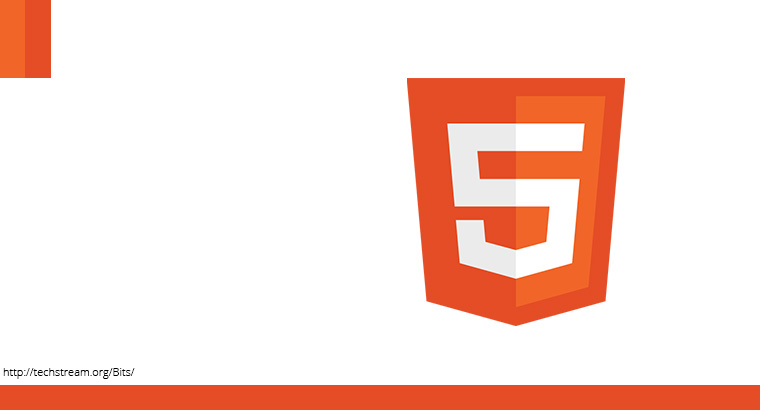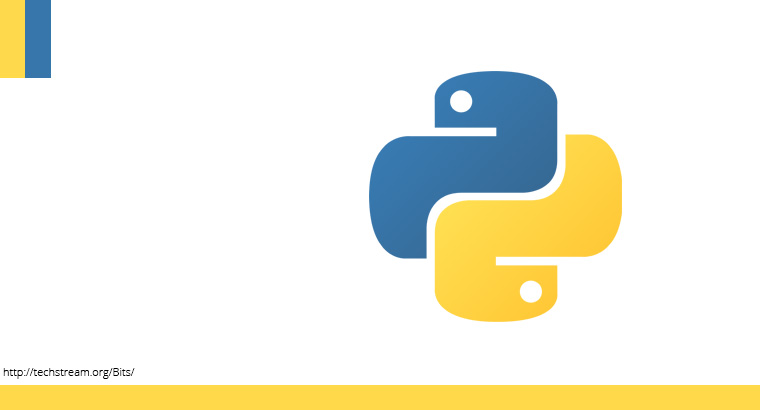With identity theft on the rise and malware attacks constantly hitting the headlines, protecting one’s private data should be a top priority for every Internet user. But for something that is so important in today’s digitalized world, there’s a lot we don’t know or don’t get right about cybersecurity.
Many people frequently assume that cybercriminals are only interested in hacking large companies or high-authority websites, while in reality, anyone can become a target of cybercrime.
The truth is, it’s much easier to hack separate individuals who do nothing to protect themselves than attack a company that has the whole tech department dedicated only to securing their network. Therefore, it’s extremely important to be aware of such threats and learn to protect yourself.
Here are the most popular misconceptions that keep most people from maintaining a good cyber-hygiene, which is crucial for staying safe and private when browsing the Internet.
1. Strong Password Is Enough To Protect My Accounts
Using unique, long, complex passwords for your online accounts is a good start, but cybersecurity goes much further than this. No matter how strong your password is, if you aren’t careful enough, it can be stolen by hackers in a few minutes.
The simplest and yet the most effective technique cybercriminals use is phishing, which involves mimicking a website you trust and requiring to enter your login details. Once you do that, your password gets in the hands of cybercriminals.
Therefore, it’s always recommended to use 2FA (Two Factor Authentication) to add an extra layer of security to your accounts, especially if they are work-related. With the 2FA protection, cybercriminals will have trouble stealing your private data even if they discover your password.
2. Cybersecurity Is Just a Buzzword
For many, the word “cybersecurity” sounds like an issue that should be addressed to the IT department, while in reality, it should be a key priority for anyone who uses the Internet.
The truth is, no business or individual is safe from cyber attacks if they don’t take necessary precautions to protect themselves. You may be smart enough to create strong passwords and avoid opening attachments from unknown senders, but hackers are smart too. Eventually, they will find the way to break into your device or intercept your communications to steal your sensitive information. From malware injection and clever phishing scams to invasive Man in the Middle (MITM) and DDoS attacks – the threats are too frequent and damaging to be ignored.
3. I Am Not Interesting Enough To Be Hacked
There’s a common misconception that cybercriminals only target large corporations and sometimes – rich celebrities.
Don’t be mistaken – anyone can be hacked, regardless of their occupation, influence or financial situation, because a large number of cyber attacks today is performed by computer programs, called bots. As they run automated tasks, bots aren’t interested in your personality or the traffic that comes to your website. All they care about is finding vulnerabilities to exploit.
So when it comes to the Internet crime, we all have equal chances to be hacked.
4. Antivirus Software
As the Internet is evolving at a very fast pace, firewalls and antivirus software are no longer enough to protect their users from cyberattacks. While many antivirus programs now do much more than securing the system from well-known threats, like viruses, worms, and trojans, they won’t protect you from all the risks, because there are simply too many of them.
Therefore, it’s always important to make sure what exactly your software does and doesn’t do, and get additional tools to compensate the lack of protection. A reliable firewall and a VPN (Virtual Private Network) service are a must, no matter what antivirus program you use.
And yet, your carefully built security wall will eventually fall if you don’t keep your software up-to-date. Updates are crucial, as they often come with important fixes for vulnerabilities that cybercriminals could otherwise exploit to hack your system. Once you let a malicious program to infect your device, there’s not much you can do to clean up the mess, unfortunately.
Public WiFi networks
The convenience and accessibility of public Wi-Fi make us ignore the security risks these open networks often pose. Yes, public Wi-Fi is a lifesaver when you need to check your email, post something on social media, or simply have some work done while sipping your morning latte. However, the freedom to stay online at any time can cost you more than you may think.
The problem with many Wi-Fi networks is that very often no one takes proper care of their security. And cybercriminals love exploiting vulnerabilities like this! Each time you connect your laptop or smartphone to an unprotected Wi-Fi hotspot, you put your communications at risk of being intercepted and watched. So think twice before trusting public Wi-Fi. Otherwise, you may end up revealing your passwords, banking info or other private details to malicious actors.
If ditching public Wi-Fi doesn’t sound like a good idea, make use of VPN (Virtual Private Network). Reliable VPNs, such as NordVPN, use advanced technology to secure your online communications by encrypting your Internet traffic and hiding your IP address. It’s recommended to turn the VPN protection each time you are about to join a public network.
It’s recommended to turn the VPN protection each time you are about to join a public network.For example if you are in
Kazakhstan, and you don’t want to let your privacy at stake while using public network, you can use VPNs in Kazakhstan, there are free and paid options.
***
In response to the fast growth in cybercrime, it’s time for you to learn how to protect yourself. Keep in mind that no security tool will make your communications 100% hacker-proof. But when combined with awareness and basic common sense, trusted privacy solutions will help you minimize the risk of falling a victim of a cybercrime.
It’s important to realize that good cybersecurity at a workplace or home starts with safe behavior. Get smart about your passwords, learn to spot phishing emails, double check reliability of any apps or programs you download from the Internet, always secure your Wi-Fi connection. And finally, stop believing those “cybersecurity is not for me” myths. Cybersecurity is for everyone – no matter who you are or what you do on the Internet.



